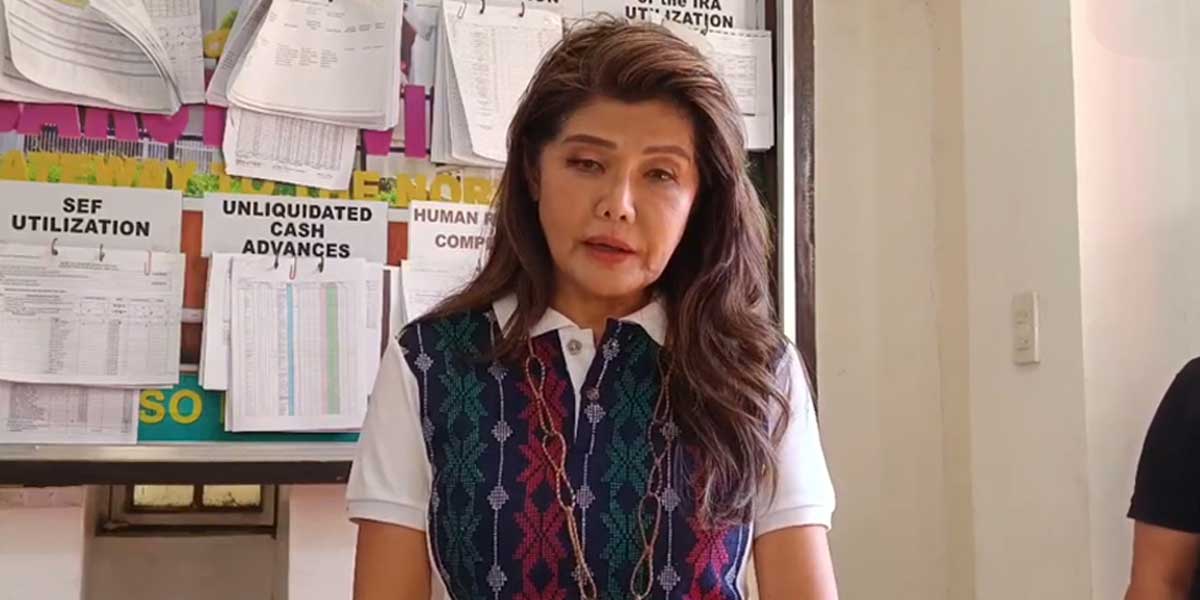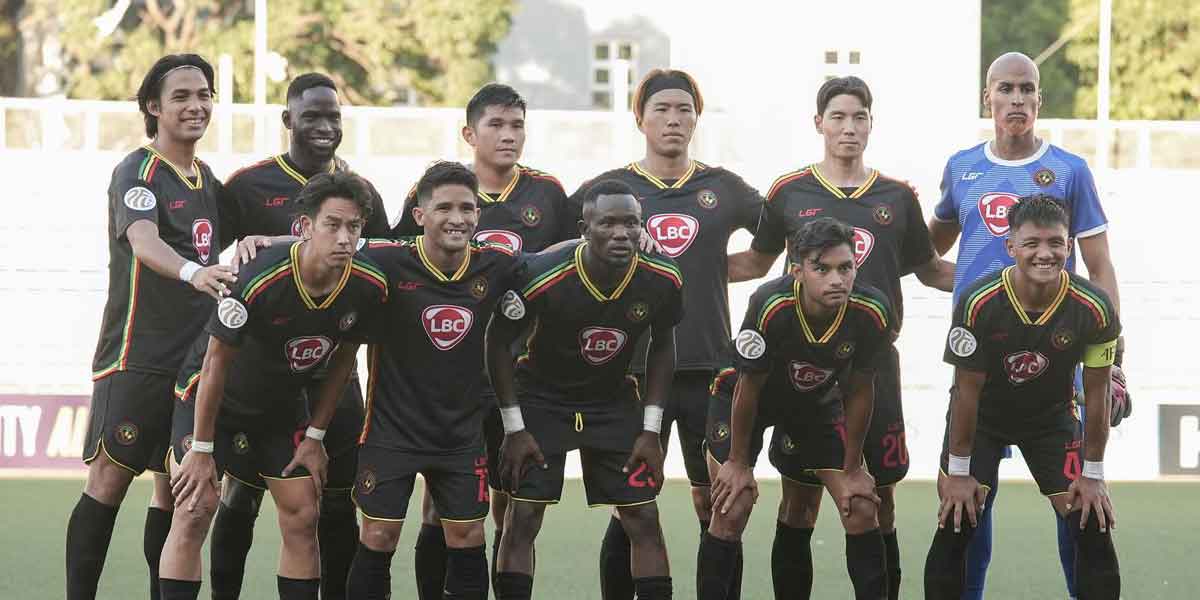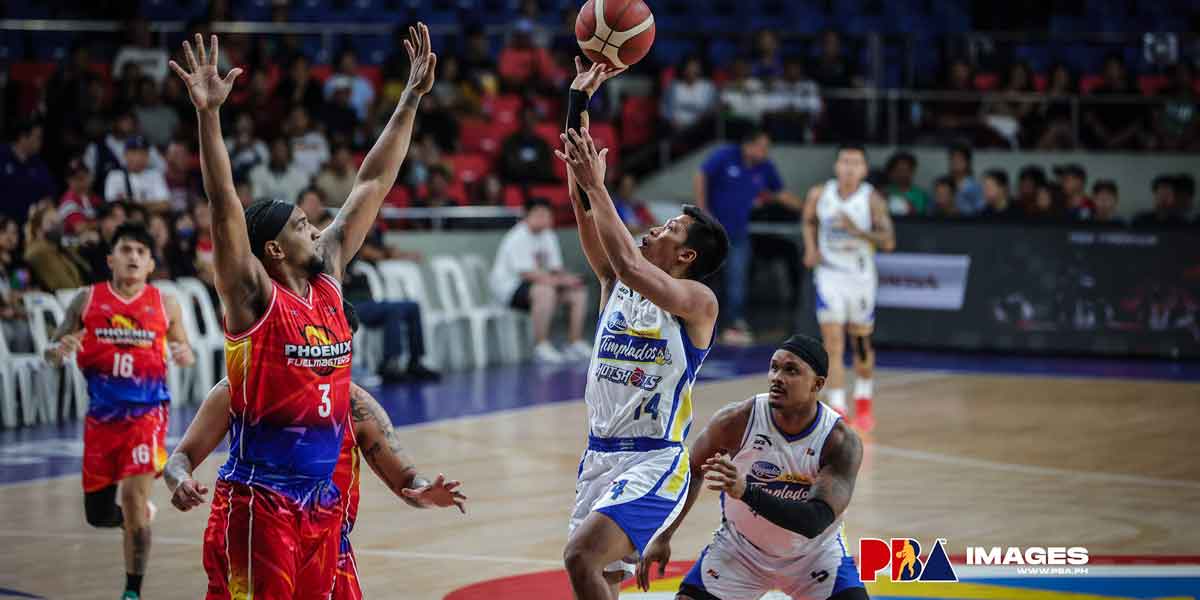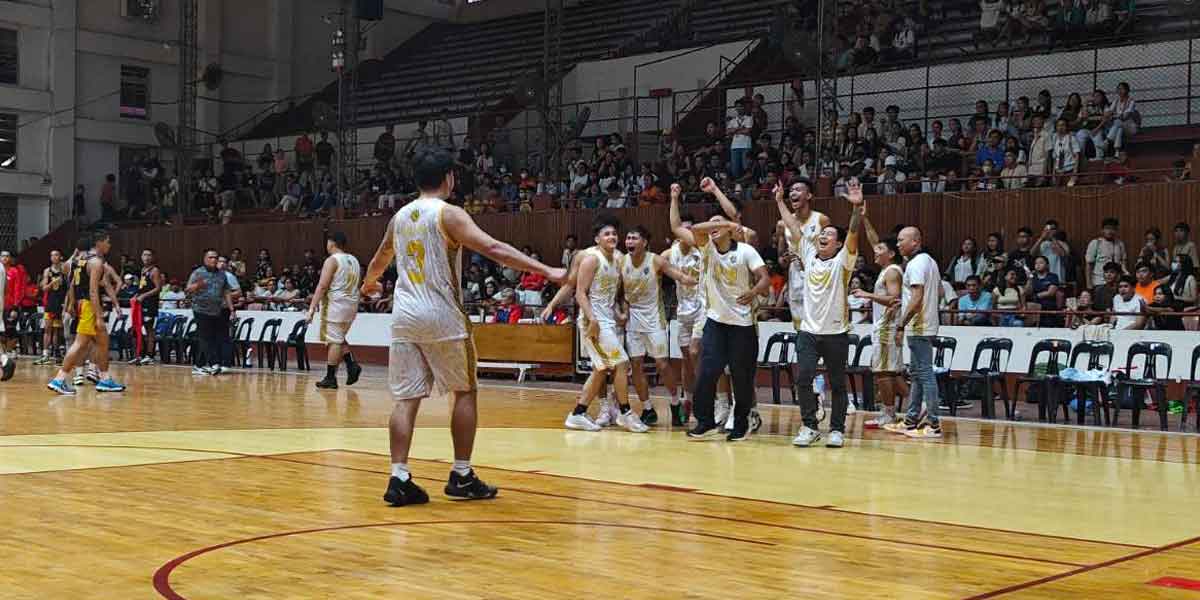 By: Sean Gerard Angel Pijuan
By: Sean Gerard Angel Pijuan
Have we delegated projects to our employees without telling them how things should get done? Have we forgotten to provide feedback on our employees’ performance? Do we only talk to them when there is a problem? Perhaps our HR department is doing the job of handling these tasks for us, and our training department is already educating our employees on their day-to-day tasks. Probably, we just don’t have enough time to insert these responsibilities in our schedules. As managers, we have other priorities. However, among the cargo we carry every day, we have taken for granted one load. More often than not, it has always been only we and our employees – we are the persons most responsible for and always in direct communication with our employees.
The thing is, training is not always about information. It is building relationships. It is not enough for a trainer to have technical knowledge and expertise – these are the input. The other half of the training is the process. An effective teacher understands that there is quality in teaching when it is devoted to time, empathy and focus. These characteristics can mostly be achieved by the manager. Employees can only constantly learn from the people they are always with or are assigned to. A manager is inherently a teacher, because of the need of making the employee learn while doing. We must admit that people are prone to absorb knowledge better from doing their jobs, especially in the presence of a supervisor or a manager who provides real-time feedback and support.
It is an advantage to learn when performing. We can identify the gaps in performance. We will be able to uncover undisclosed employee needs – either because the employee is hiding it or is not aware of it. Second, we can figure out each other. One of the most undermined need for learning is clarity or proper communication. Some managers are vague because they assume that their employees understand them right away. We have to explain the why or the how. Expectations need to be set and constant communication needs to be established. This is realized through coaching or huddle sessions. Third, as a manager, you are the person who knows what your employees are supposed to be doing. They depend on you on the direction. HR and the training department could only supply knowledge, but it is the manager who guides the employees in their work. Finally, because employees are part of our team. The best teacher is always the parent, in the case of business, it is the manager. Employees need to trust us; we cannot always force them to understand what we do.
Our employees may have attended seminars, undergone special or formal training, have been on-boarded by HR, and have certificates and other documentations to prove it. However, training does not stop after graduation. It does not stop at all. It is continuous. We, as much as the employee, should realize this. There is always something to improve on and learn, but the willingness to learn has to be there. It is much easier to tap into a student’s drive if they know that you care about them personally. This is an important reminder that teaching is almost always about building a relationship. A relationship is what endures in an environment that demands improvements in performance. As a manager, most of the time it is just you and your employees.
Sean Gerard Angel Z. Pijuan is the Senior Quality Management Officer of Invictus Prime Holdings Corporation, a corporation that manages the consolidation and integration of operations within its companies: Complete Logistic Control Inc., ZKO Group Distributors Inc., Philfast Global Forwarding Inc., Satellite GPS Tracking and Asset Management System Corp., and SCMIX Builders Inc.



















